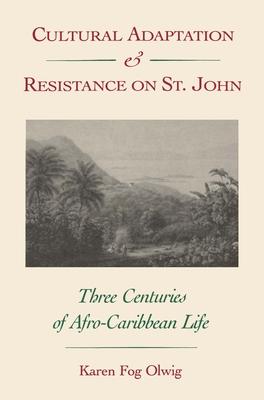"This study covers 300 years of St. Johnian history from the plantation economy of the early 1700s through the peasant economy of the late 1800s inclusive of the present tourist-based economy. The author employs archival records as well as field data, arguing that most anthropologists have shied away from supporting their interpretation with historical research . . . her treatment of the impact of tourism is outstanding, demonstrating that the establishment of a national park on the island has been a mixed blessing. . . . A significant contribution to ethnology."--Choice
"Olwig presents two refreshing perspectives on life in a Caribbean community: the development of an Afro-American way of life and an appreciation of the dignified ways in which St. Johnians use an ideology of exchange to help them shape a distinctive sense of themselves. This is a well-balanced, rich, and very solid contribution to Caribbean studies, creatively combining history and ethnography."--Richard Price, Johns Hopkins University
Dr. Olwig teaches anthropology at the University of Copenhagen.
